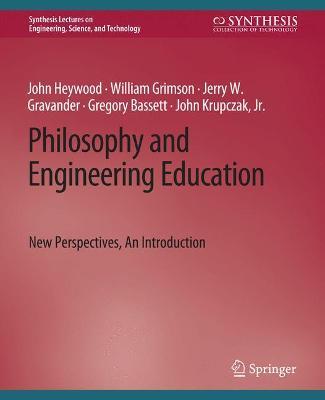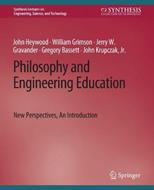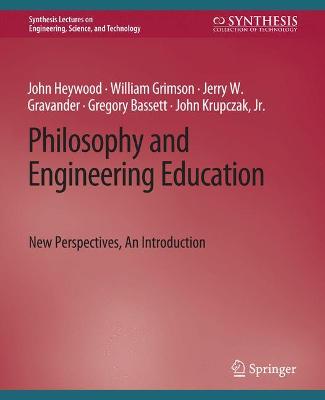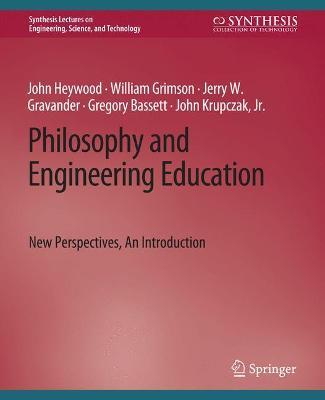Philosophy and Engineering Education: New Perspectives, An Introduction
All educators bring to their work preconceived ideas of what the curriculum should be and how students learn. Seldom are they thought through. Since without an adequate philosophical base it is difficult to bring about desirable changes in policy and practice, it is necessary that educators have defensible philosophies of engineering education. This point is illustrated by recent debates on educational outcomes which can be analysed in terms of competing curriculum ideologies. While these ideologies inform the development of a philosophy of engineering education they do so in light of a philosophy of engineering for such a philosophy focuses on what engineering is, and in particular how it differs from science. This is addressed in this study through consideration of the differences in the modes of abstraction required for the pursuit of science on the one hand, and the pursuit of engineering design, on the other hand. It is shown that a philosophy of engineering is not a philosophy ofscience or a philosophy of engineering education, but it is from a philosophy of engineering that a philosophy of engineering education is drawn. Uncertainty is shown to be a key characteristic of engineering practice. A way of formulating a philosophy of engineering is to consider it through the classical prism that splits the subject into five divisions, namely epistemology, metaphysics, logic, ethics aesthetics. Additionally, "behaviour" also characterizes the practice of engineering.
-
Autore:
-
Editore:
-
Collana:Synthesis Lectures on Engineering, Science, and Technology
-
Anno:2022
-
Rilegatura:Paperback / softback
Le schede prodotto sono aggiornate in conformità al Regolamento UE 988/2023. Laddove ci fossero taluni dati non disponibili per ragioni indipendenti da Feltrinelli, vi informiamo che stiamo compiendo ogni ragionevole sforzo per inserirli. Vi invitiamo a controllare periodicamente il sito www.lafeltrinelli.it per eventuali novità e aggiornamenti.
Per le vendite di prodotti da terze parti, ciascun venditore si assume la piena e diretta responsabilità per la commercializzazione del prodotto e per la sua conformità al Regolamento UE 988/2023, nonché alle normative nazionali ed europee vigenti.
Per informazioni sulla sicurezza dei prodotti, contattare productsafety@feltrinelli.it




